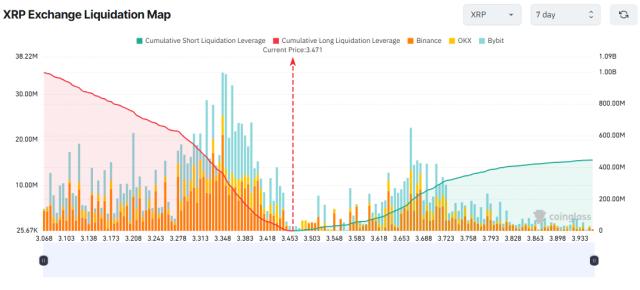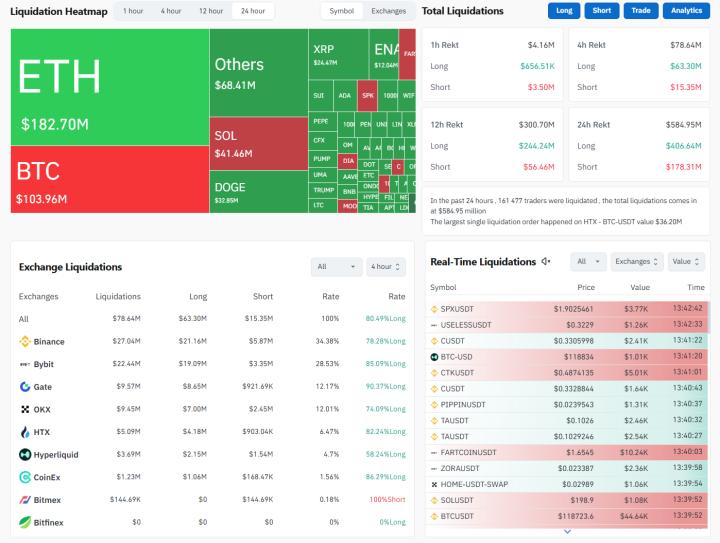Dragon Capital Proposes Pilot Token Issuance of ETF to Connect Digital Assets and Traditional Financial Markets in Vietnam
Dragon Capital, one of the leading fund management companies in Vietnam, has recently presented an initiative to pilot a tokenization model for Exchange Traded Fund (ETF) in Vietnam – a solution expected to create a bridge between the digital asset ecosystem and traditional financial markets within a tightly managed framework.
According to the proposal, the tokenization model will be based on the ERC-1400 blockchain standard, allowing integration of identity verification mechanisms (KYC), anti-money laundering (AML), and asset recovery in case of access key loss. The ETF token issuance process will be guaranteed by a corresponding amount of shares deposited in a bank, with a 1:1 ratio, and will utilize smart contracts to manage issuance and trading activities.
In the initial phase, token distribution will be carried out through centralized exchanges (CEX) in Vietnam and non-custodial wallets – which account for the majority of domestic digital asset trading volume. This helps ensure compliance with current KYC standards and facilitates transparent market participation for individual investors.
The ETF token can be traded secondarily through three methods:
Direct trading on centralized exchange: Investors deposit funds into the exchange account to buy ETF tokens. The tokens are then transferred to the investor's wallet.
Peer-to-peer (P2P) trading: Investors can buy/sell tokens directly with each other through an exchange intermediary, ensuring safe asset and payment processing.
Exchange with other digital assets: ETF tokens can be traded with popular digital assets like Bitcoin, creating conditions for foreign capital to return to the domestic market.
Dragon Capital believes that this tokenization model not only provides additional investment options for users but also helps retain digital asset capital within the country, while increasing transparency and supervisory effectiveness from regulatory authorities.
According to the company's assessment, ETF is a suitable financial instrument to experiment with tokenization because it has been widely accepted in the global market and has high adaptability to digital asset investment models. This model helps to:
Lower investment barriers: Investors can own a small portion of ETF in token form, suitable for those with limited capital.
Increase liquidity: ETF tokens can be traded continuously and more flexibly compared to traditional ETFs, which are limited by stock exchange trading hours.
Simplify processes: Digital platforms make buying and selling easier, especially for those familiar with the crypto market.
Diversify portfolios: Individual investors can access more financial products that were previously difficult to participate in due to capital limitations.
Reduce transaction costs: Optimizing distribution systems and technology can help save management and transaction expenses.
Notably, this proposal is being made in the context of Vietnam recently legalizing digital asset management under the Digital Technology Industry Law, passed in June 2025 and officially effective from 2026. This is an important milestone paving the way for higher legal digital asset models in the future.









